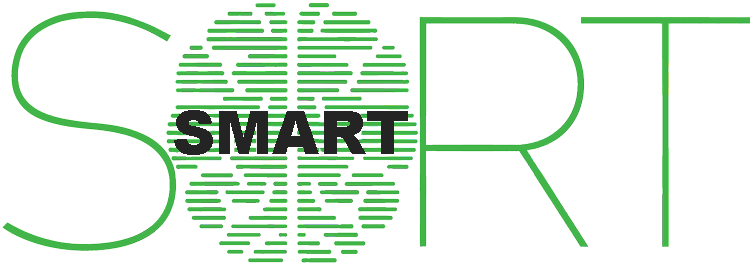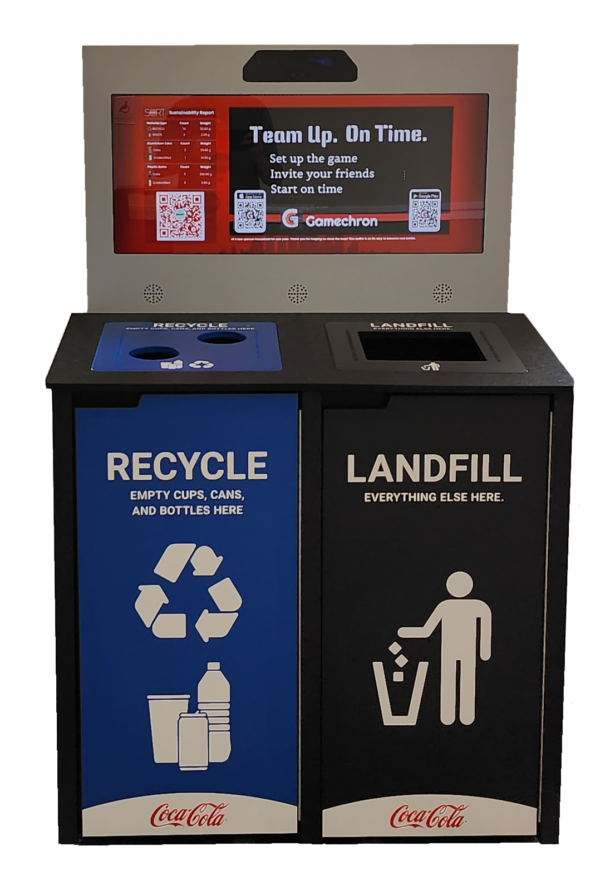Recycling has become a fundamental practice for individuals and communities looking to reduce waste, conserve resources, and make a positive impact on the environment. In the United States, recycling has gained significant traction, with many cities and towns implementing robust recycling programs. If you’re new to recycling or looking to brush up on your knowledge, this comprehensive guide will provide you with all the information you need to navigate the recycling landscape in the USA.
Before diving into recycling, it’s important to know what materials can be recycled. The most common recyclable materials include paper, cardboard, plastic bottles and containers, glass, aluminum cans, and steel cans. However, it’s essential to check with your local recycling facility or municipality for specific guidelines, as recycling regulations may vary.
You’ve probably seen those little recycling symbols on various products, but do you know what they mean? Familiarize yourself with the recycling symbols to understand what materials are recyclable and which ones are not. The most common symbol is the three-arrowed triangular loop, indicating that the product is recyclable. However, be aware that not all products with this symbol can be recycled in every area, so it’s crucial to follow local guidelines.
Proper sorting is crucial for successful recycling. Set up a recycling station in your home with clearly labeled bins or bags for different types of recyclables. Separate materials like paper, plastic, glass, and metal to ensure they can be effectively recycled. Remove any non-recyclable components, such as caps from plastic bottles or lids from glass jars, as these can disrupt the recycling process.
While it’s not necessary to scrub every item, it’s essential to rinse out food and beverage containers to avoid contamination. Dirty or contaminated recyclables can lead to entire batches being rejected and sent to the landfill. Remove any labels, flatten cardboard boxes, and break down larger items to maximize space and efficiency.
Every community in the USA has different recycling programs and facilities. Research and identify the recycling options available in your area. Check with your local municipality or waste management company to find out if they provide curbside recycling pickup or if there are drop-off locations nearby. Some cities even offer special recycling events for electronics, hazardous materials, or bulky items.
To ensure that your efforts are effective, familiarize yourself with your local recycling rules and guidelines. Some areas have specific requirements for acceptable materials, while others may have restrictions on certain items. Stay informed about any changes in recycling regulations to stay up-to-date on best practices.
Remember, recycling should be a last resort. Before tossing an item into the recycling bin, consider if it can be reused or if there are ways to reduce its consumption. Opt for reusable items, such as water bottles or shopping bags, and try to minimize single-use plastics whenever possible. By reducing and reusing first, you can further minimize waste and lessen the burden on recycling systems.
Share your knowledge and enthusiasm for recycling with friends, family, and your community. Encourage others to recycle, educate them on the benefits, and help them understand the proper practices. By spreading the word, you can inspire more people to join the recycling movement and create a more sustainable future together.
Recycling in the USA is a powerful tool for combating waste, conserving resources, and protecting the environment. By following these recycling guidelines and embracing a culture of sustainability, we can all contribute to a greener and more sustainable future for generations to come. So, let’s get started on our recycling journey and make a difference, one recycled item at a time!




